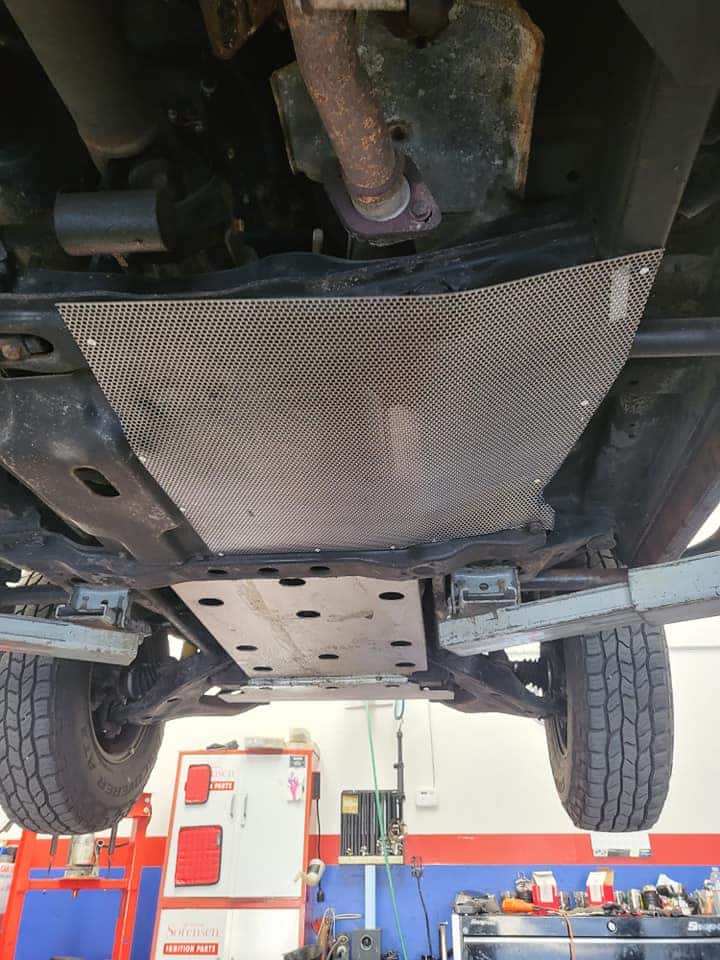We've all heard the conventional wisdom about every car needing an oil change every 3,000 miles. But, is that really true? With advancements in modern technology and higher quality oils, you might be able to stretch this interval a bit. However, it's crucial to understand that the frequency of oil changes isn't just about hitting a magic number. Several factors play into this equation and it's important to consider them all.
Understanding Your Car's Specific Needs
Every car is different. Just like you wouldn't expect a bodybuilder and a ballet dancer to have the same diet, you can't assume every vehicle requires the same maintenance. Heavier vehicles tend to put more stress on the engine, thus needing more frequent oil changes. Sports cars with high-performance engines also require more attention. On the flip side, lighter, smaller vehicles might be able to go longer between oil changes.
Driving Habits and Conditions
Your driving habits and conditions also impact how often you should change your oil. For example, those who make frequent short trips, especially in cold weather, should change their oil more frequently. This is because the engine doesn't get up to a temperature that allows it to evaporate condensation that can build up and contaminate the oil.
Similarly, if you often drive on dusty roads or in areas with heavy air pollution, your oil might need to be changed more often as these conditions can cause oil to degrade faster. If you are in stop-and-go traffic often, this can also lead to more frequent oil changes.
Choosing the Right Oil
Oil isn't just oil. There are several different types and each one has its own set of characteristics. Conventional oil, for example, is derived from crude oil and provides adequate lubrication for most engines. Synthetic oil, on the other hand, is engineered to perform better in a wider range of temperatures and for longer periods of time.
While synthetic oil is generally more expensive upfront, it can save you money over the long haul due to its longer lifespan. So, if you're looking to extend the time between oil changes, it might be worth considering synthetic oil.
Consult Your Owner's Manual
The best advice, however, is to consult your vehicle owner's manual. This will provide specific guidelines based on the make, model, and year of your car. Most modern vehicles have a recommended oil change interval of 7,500 to 10,000 miles, which is a significant increase from the traditional 3,000-mile rule.
The bottom line is, there's no one-size-fits-all answer to the question of how often you should change your oil. It depends on your vehicle, your driving habits, and the type of oil you're using.
The team at Sartorial Auto Repairs is here to help you make the right decisions for your vehicle. We're not just here to perform a service; we're here to help you understand your car and its needs. So, why not stop by and let us take a look under the hood? We promise you'll leave with more than just a smoothly running engine – you'll leave with knowledge and peace of mind.












